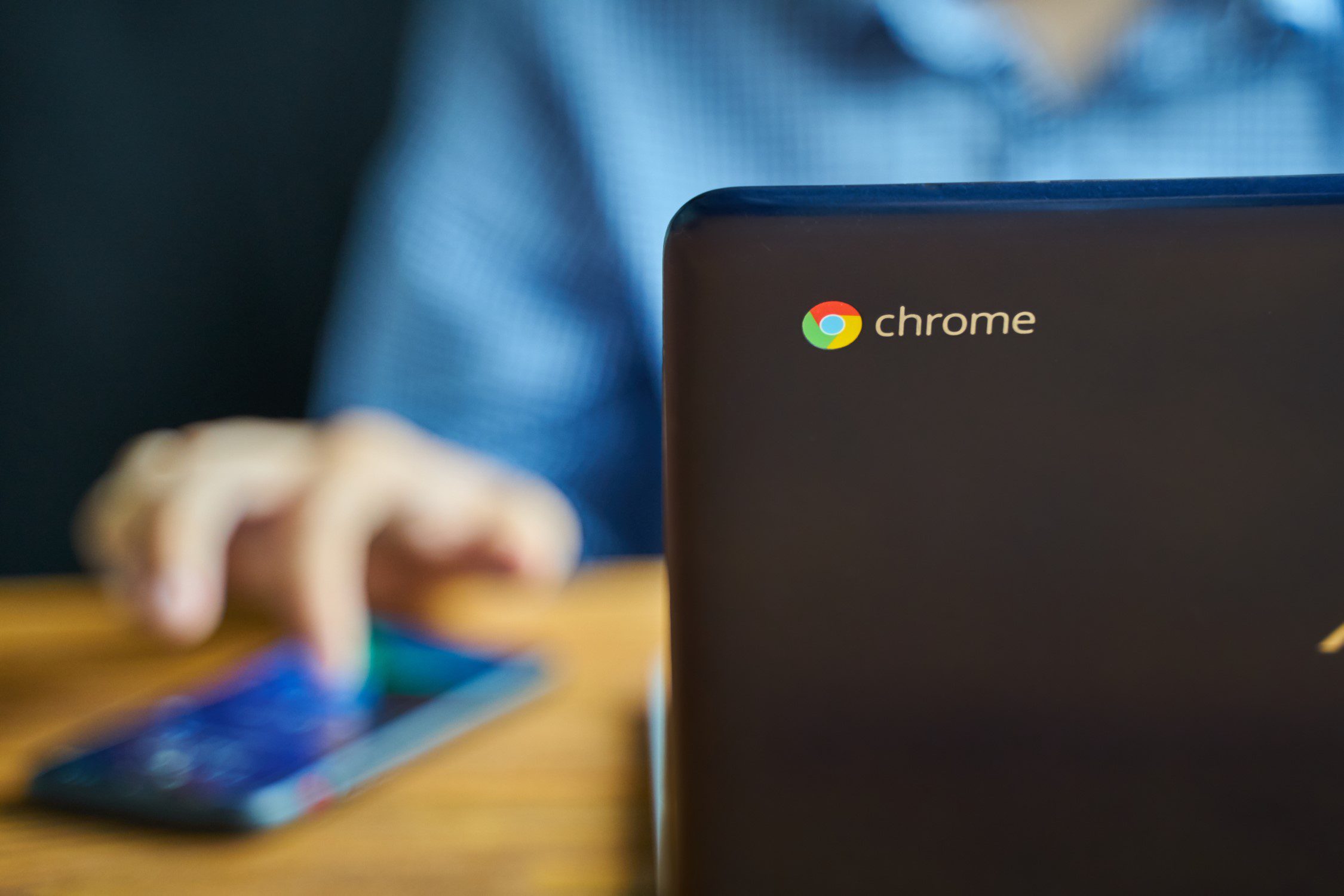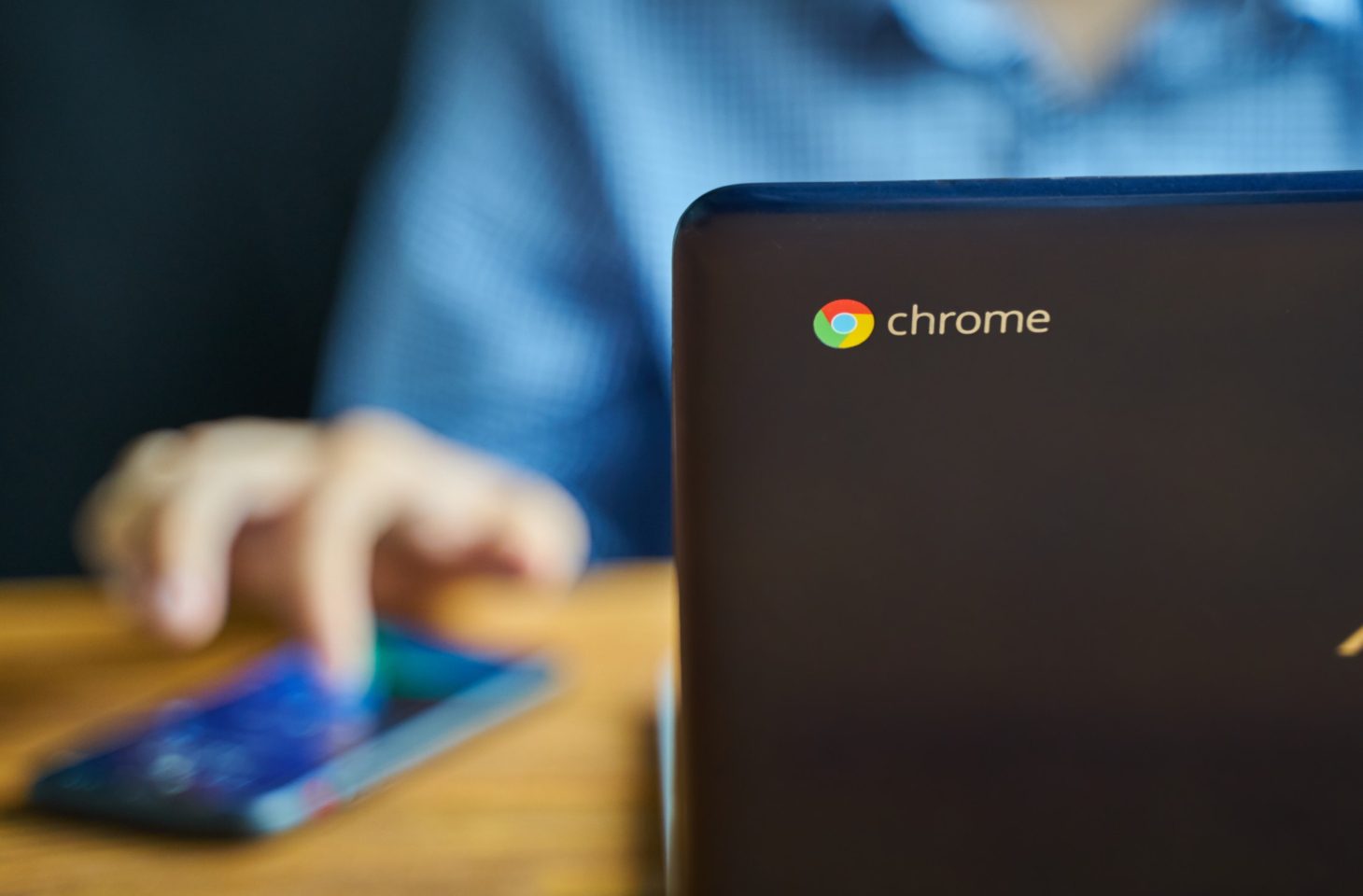Lacros provides the solution or separation of Chrome internet browser from ChromeOS. This means you can continue to use old Chromebooks without worry.
A Chromebook was supported for up to eight years last year. At the end of 2023, Google announced that Chromebook models released starting in 2019 could expect ten years of security updates. Do you have a Chromebook that is no longer supported? Then you have a problem today. No ChromeOS updates also means no more Chrome updates, making the internet browser very vulnerable to hackers.
Google now wants to address this with the introduction of “Lacros” shortly beforehand Linux and Chrome OS. Within Lacros, Chrome runs as a separate internet browser in ChromeOS. The main advantage of this is that Chrome then receives security updates separately, as is now the case with Windows, macOS and Linux.
Linking Chrome to ChromeOS reduces the risk of you continuing to work on a Chromebook that no longer receives security updates. ChromeOS remains a risk, but Chrome will remain relevant in the future. Additional benefit: You no longer need to sign out of ChromeOS when switching profiles in Chrome.
In the Canary test version of ChromeOS, the most experimental variant, Lacros suddenly became the default version in ChromeOS version 124. In ChromeOS 125 everything was back to normal, without Lacros, within Canary.
Google wants to make the transition seamless and hardly communicates about the development. Suddenly the day will come when it works. Until then, we recommend against using old Chromebooks that are long past their “expiration” date.
Do you have a device at home or in the office that no longer receives updates? Lacros is unlikely to be supported as it no longer receives ChromeOS updates. Maybe it’s up to Google to surprise us. For devices whose last year of support is 2024, we believe there is a good chance that a ChromeOS update with Lacros will be feasible this year.














